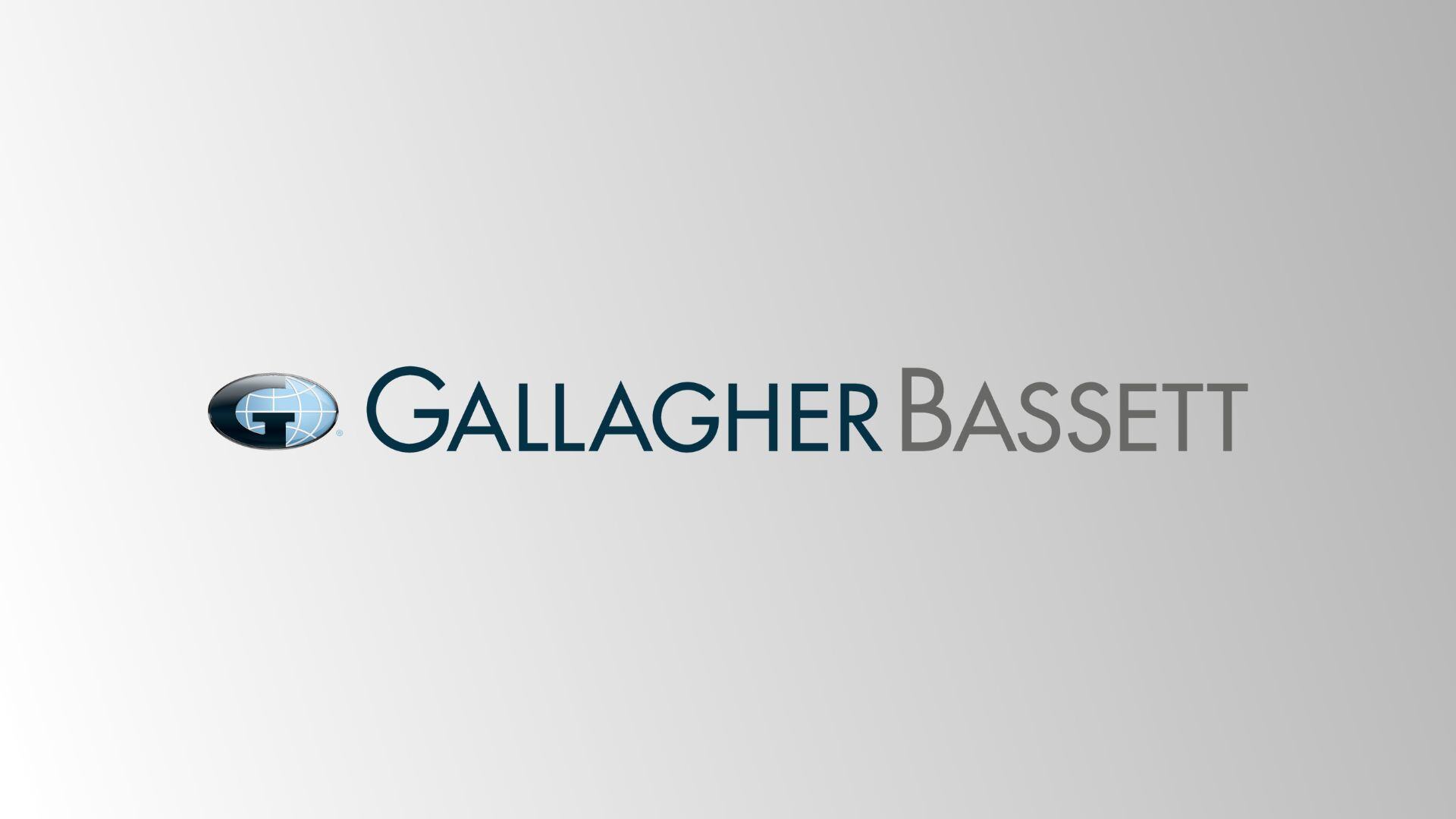Anxiety and Depression - How Are They Related?

With COVID-19 sweeping the world, many of us found ourselves confined to our homes and with an ever-changing lockdown level status, have found ourselves working from home or restricted in our ability to work as ‘per normal’.
The uncertainty, unexpected isolation and ever-shifting circumstances are affecting everyone differently, but those with anxiety and depression face additional challenges. Read on to learn the signs of anxiety and depression to look for during the COVID-19 pandemic, and how you can support your employees.
BASICS OF DEPRESSION
Depression is a mood disorder characterised by listlessness, hopelessness, and lethargy.
Depression can cause feelings of sadness, but more often people find that they feel numb or nothing at all during depressive episodes which impact on their daily lives.
People with depression often feel unable to tackle even the smallest tasks. They may feel guilty or worthless- even feeling guilty for being depressed.
Depression may cause people to have recurrent thoughts about death or suicide, or an urge to harm themselves.
BASICS OF ANXIETY
Anxiety is an emotion many of us will feel throughout our lives. But anxiety disorders result in individuals experiencing unusually high levels of anxiety for extended periods of time. This can cause a variety of physical symptoms as well as impact every part of someone’s life.
For someone with an anxiety disorder, they may feel restlessness or a sense of impending doom. They might experience nausea, headaches, difficulty sleeping, or muscle tension.
They may even have panic attacks. A panic attack is a short period of intense anxiety that can cause you to gasp for air and can make your heart race. People with anxiety can experience the sense of losing control or a feeling that they're going to die.
DEALING WITH DEPRESSION AND ANXIETY DURING HIGH-STRESS TIMES
You might not be surprised to learn that anxiety and depression tend to get worse during high-stress times. Everyone handles stress differently, and if someone has an existing mental illness, crises like the one we are currently in may exacerbate things.
This particular crisis may present more of a challenge for those dealing with anxiety and depression because it has removed many of our usual coping mechanisms. On the other hand, not being exposed to the normal daily routines and the workplace may assist in reducing anxiety.
Returning to the workplace, for all staff, may in fact be more of a challenge.
POTENTIAL IMPACT
If an employee is dealing with depression or anxiety, the COVID-19 crisis may result in them experiencing new or different symptoms.
Your employees may find themselves worrying obsessively about themselves or a loved one contracting the disease. If they’re working in the medical field, this anxiety may be compounded by their constant exposure to COVID-19.
COPING WITH DEPRESSION AND ANXIETY
Walking and yoga are both safe social distancing activities that have been shown to help with depression and anxiety.Although it isn’t a substitute for face-to-face interactions, calls and video chats with friends and family can help keep people connected while everyone is in lockdown.
Many mental health services are offering ways for patients to access care during lockdown and quarantine. Therapists are offering remote sessions, and there are also many meditation apps, websites and helplines offering support.
EARLY WARNING SIGNS
It can be difficult to tell if one of your employees may be developing a mood disorder, especially when working remotely, but there are some signs you can watch out for.
If you notice any of these behaviours developing, you may want to reach out to your employee privately and check on how they’re coping.
The biggest thing you should look out for in your employees is a major change in behaviour. For example, if a normally talkative person on your team becomes quiet or withdrawn, or if the steadfast worker starts missing meetings or turning projects in late. These may be warning signs.
HOW EMPLOYERS CAN HELP
One of the best things you can do as an employer is to make sure your employees have adequate access to mental health care. This could include services provided by your EAP, providing your staff with information on free mental health resources, such as 24/7 phone lines and resourceful websites.
You can also provide your employees with early intervention training, such as Psychological First Aid. This training enables your employees to gain an understanding into psychological behaviours and prepares them with the tools to help themselves and those around them.
Beyond that, it’s important to treat your employees with compassion during this difficult time. Be as empathetic as you can with lower productivity or increased requests for time off, and be invested in understanding the unique challenges that your employees are facing.
Checking on your employees and making sure they have the support they need during this time of crisis will help both them and your company.
LEARN MORE ABOUT ANXIETY AND DEPRESSION DURING COVID-19
This global pandemic is resulting in hardship for many, but dealing with anxiety and depression during COVID-19 is even more challenging.
As an employer, strive to make sure your employees have the support they need, both from mental health professionals and from your company.
If you have any questions or would like more , feel free to contact us!
Author


